Domestic abuse occurs in same sex and transgender relationships too. Domestic abuse is experienced by anyone regardless of sexuality, age, gender origin, class, disability, race or religion. There is no excuse for domestic abuse towards any person and in any relationship at any time.
How do I know I am in an abusive relationship?
Abusive partners in LGBT relationships use the following types of abuse to gain power and control over their partners (the same as abusive partners exercise control in heterosexual abusive relationships):
- Psychological abuse
- Physical abuse
- Sexual abuse
- Financial abuse
- Emotional abuse
For further information, please see Domestic Violence and Abuse in LGBT+ Communities
Abusive partners in LGBT relationships use these tactics to maintain power and control alongside the complexities a survivor faces in leaving or getting safe in from an abusive LGBT relationship. The LGBT power and control wheel shows the different tactics and abuses used:
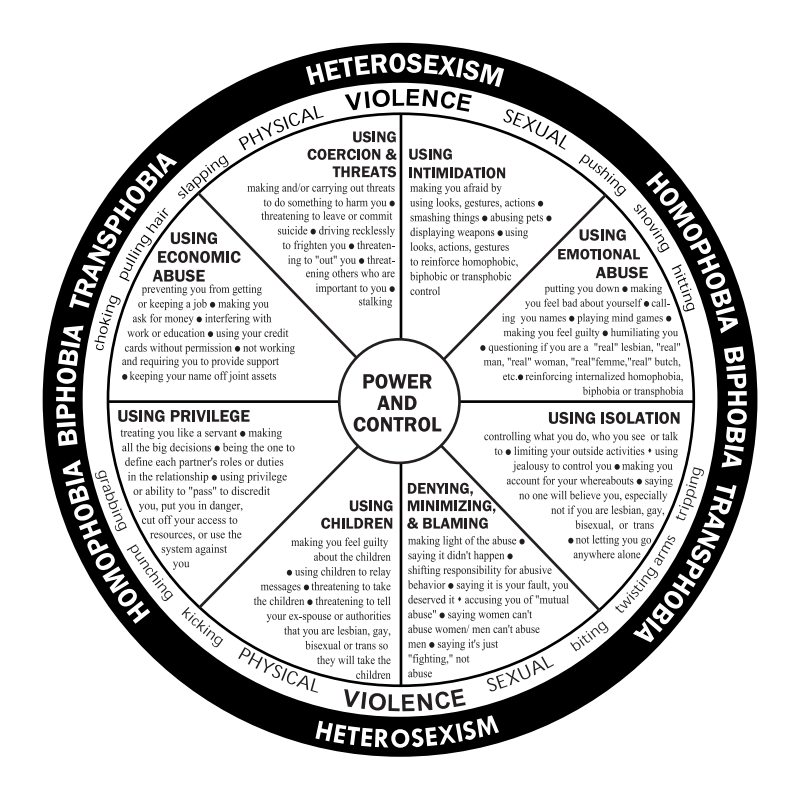
(Adapted from the 2011 Duluth Model Power and Control Wheels by Domestic Abuse Intervention Programs)
Myths associated with LGBT Domestic Violence & Abuse:
- An abuser will often manipulate their victim so that they feel they are to blame for the abuse. An abusive partner may say “this is how it is in a lesbian/gay/bisexual/trans* relationship”. There is nothing normal, appropriate or justifiable about LGBT domestic violence and abuse.
- An abuser may also play on myths about domestic violence and abuse to prevent his/her victim from seeking help by saying support services and reporting agencies are homophobic/ transphobic. In reality, the police have dedicated LAGLOs (Lesbian & Gay Liaison Officers) who are on hand to help.
- Abusers may attempt to convince their partner that no one will help them and that they are not entitled to legal protection from abuse from a same sex partner. This is not true.
- A common myth is that domestic violence and abuse does not happen in LGBT relationships. Actually the reality is 1 in 4 people are abused by a partner at some point in their lives. Abuse is never OK and nobody deserves to be abused.
For further information, please see Myths and Stereotypes
- Have a secret code to signal for help with a friend/neighbour so they are aware of when you need assistance
- Have a small bag ready with essentials (medication, civil partnership/marriage/birth certificates, bank information, passport, money etc) you may need should you have to flee the property in an emergency. Alternatively, leave this bag with a neighbour or friend
- Have some money stored should you need to use public transport to leave the property
- Keep with you any important and emergency telephone numbers
- If you are thinking of leaving the property make sure it is the safest time to do so, for example, whilst your partner is away from the property
- Take special care if you are considering leaving the home. Risk for a victim is highest when leaving their partner or shortly after, so make sure arrangements are in place or you know where to go should there be an emergency situation.
Domestic Abuse and Homelessness
There are options for people facing homelessness due to domestic abuse. You can contact your local domestic abuse services to see if they can find a refuge space for you. A refuge is somewhere safe to stay and can be anywhere in the UK.
There is a national organisation called Refuge who provide a 24 hour service for people needing assistance.
The National Centre for Domestic Violence can also help by applying for emergency injunctions and occupation orders which might enable you to remain in home and exclude the other person if it is felt safe to do so. You can also speak to a local solicitor who should be able to assist to. Please see contact numbers below for these services.
Am I Homeless?
Broadly speaking, somebody is statutorily homeless if they do not have accommodation that they have a legal right to occupy, which is accessible and physically available to them (and their household) and which it would be reasonable for them to continue to live in. It would not be reasonable for someone to continue to live in their home, for example, if that was likely to lead to violence against them (or a member of their family).
For further information, please see: The Homelessness Code of Guidance for Local Authorities
What can I do?
You can go to your local council and ask for assistance. Here is a Homelessness letter that you can fill out and take to them. It has been designed by the homeless charity Shelter to make sure that the local authority responds in an appropriate way to your request for assistance.
If you are homeless or threatened with homelessness, the council must decide if they also have reason to believe that you may be eligible for assistance and have a priority need for accommodation.
If there is reason to believe that you meet these criteria, the council have an immediate duty to ensure that suitable accommodation is available until they complete their inquiries and decide whether a substantive duty is owed under Part 7. This is an important part of the safety net for people who have a priority need for accommodation and are unintentionally homeless.
Do I have a priority need?
The Housing Act ( Part 7 of the Housing Act 1996.) defines ‘priority need’ in England (and Wales) to include:
- a pregnant woman
- dependent children
- someone vulnerable as a result of old age, mental illness or handicap or physical disability or other special reason
- someone homeless or threatened with homelessness as a result of an emergency such as flood, fire or other disaster
This was expanded further still in England by the 2002 Homelessness (Priority Need for Accommodation) (England) Order to include those:
- aged 16 and 17 years old
- aged under 21 years old who were in local authority care between the ages of 16 and 18
- aged 21 and over who are vulnerable as a result of leaving local authority care
- vulnerable as a result of leaving the armed forces
- vulnerable as a result of leaving prison
- vulnerable as a result of fleeing domestic violence or the threat of domestic violence
Housing authorities must ensure that suitable accommodation is available for people who have priority need, if they are eligible for assistance and unintentionally homeless (certain categories of persons from abroad are ineligible.) This is known as the main homelessness duty. The housing authority can provide accommodation in their own stock or arrange for it to be provided by another landlord, for example, a housing association or a landlord in the private rented sector.
If settled accommodation is not immediately available, accommodation must be made available in the short term until the applicant can find a settled home.
For more information on LGBT domestic abuse advice visit www.reducingtherisk.org.uk
Services, Organisations & Contacts
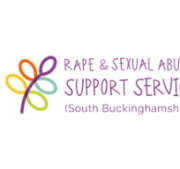
RSASS-Rape & Sexual Abuse Support Service
Our commitment is to offer free, confidential, and non-judgmental support services to individuals aged 16 and above, without regard for gender, religion, ethnicity, sexuality, or socio-economic status. These services are currently administered by a dedicated team of trained professionals and volunteers, accessible via telephone or secure online platforms.
SAM Project- Support after Assault and Abuse for Men
Support after Assault and Abuse for Men (SAM) offers services that are FREE, CONFIDENTIAL and NON-JUDGEMENTAL and are open to male-identifying survivors in Buckinghamshire and Milton Keynes, aged 16 years and above irrespective of sexuality, religious beliefs, ethnicity and socio-economic background.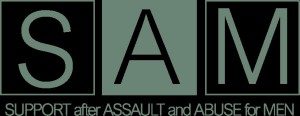
SASH (Support after Abuse and Sexual Harm Buckinghamshire)
SASH is a partnership project between SAFE! and SAASS to deliver specialist support to children and young people and their families who have been affected by sexual harm or domestic abuse.
Referrals are made directly via our website by the young person, family member or professional.

Buckinghamshire Domestic Abuse Partnership Website
BDAP aims to better inform victims and professionals across the county by providing a one stop shop of information. For victims it includes the support offer and how to access it if you think you might be experiencing domestic abuse. Toolkits and guidance are available for professionals in Bucks to ensure a clear approach to engaging with victims (including children and young people) and perpetrators and successfully delivering in our “tell us once” ethos.

Men’s Advice Line
The helpline for male victims of domestic abuse.
 https://mensadviceline.org.uk/
https://mensadviceline.org.uk/
 Helpline Mon–Fri 10am-8pm: 0808 8010327
Helpline Mon–Fri 10am-8pm: 0808 8010327

National LGBT+ Domestic Abuse Helpline
The National LGBT+ Domestic abuse helpline is part of Galop – an LGBT+ anti-violence charity.
If you’ve experienced hate crime, sexual violence or domestic abuse, we’re here for you. We also support lesbian, gay, bi, trans and queer people who have had problems with the police or have questions about the criminal justice system.
 National LGBT+ Domestic Abuse Helpline: 0800 999 5428
National LGBT+ Domestic Abuse Helpline: 0800 999 5428
 10.00 -17.00 Monday, Tuesdays and Fridays / Wednesday and Thursdays 10.00-20.00
10.00 -17.00 Monday, Tuesdays and Fridays / Wednesday and Thursdays 10.00-20.00
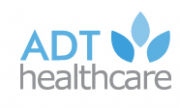
ADT Healthcare
ADT Healthcare offers a free hotline dedicated to helping women suffering from drug, alcohol and mental health issues. ADT Healthcare was founded in 2011 by people who overcame drug and alcohol addiction themselves.
 https://www.adt-healthcare.com
https://www.adt-healthcare.com
 Contact: Oliver
Contact: Oliver
 24/7
24/7
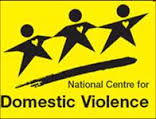
National Centre for Domestic Violence
Provides a free, fast emergency injunction service to survivors of domestic violence regardless of their financial circumstances, race, gender or sexual orientation.
 NCVD Telephone Number: 0800 970 2070
NCVD Telephone Number: 0800 970 2070
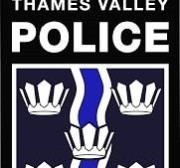
Reporting Crimes and Incidents
You should call 999 in an emergency where;
– There is a risk of serious injury
– There is a risk of serious damage to property
– You suspect a crime is in progress
– It is a serious incident which needs immediate police attention
If it is a non-emergency
– call the police on 101
– call into any police station
Lesbian and Gay Liaison Officers
LAGLOs are available specifically to help LGBT victims in Buckinghamshire. Call 101 and request a “LAGLO”.
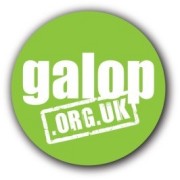
Galop
Preventing and challenging homophobic and transphobic crime. Also hosts the LGBT domestic abuse support line

Aylesbury Women’s Aid
To exist for the benefit of all women and their children who are or have experienced physical, mental, emotional, financial or sexual abuse in their relationships and to offer support, information, advice, access to temporary safe accommodation and aftercare
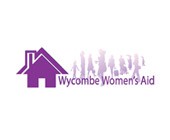
Wycombe Women’s Aid
Provides support to victims of domestic abuse through outreach, programmes and dedicated workers. Support is also on offer for male victims.
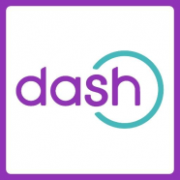
IDVA Service
The Dash charity has an LGBT specialist IDVA (Independent Domestic Violence Advocate). This is a free and confidential service and we can offer a tailored service including crisis intervention, safety planning, advocacy and support within a non-judgemental, supportive service. The LGBT IDVA is based in Slough and covers the area of Berkshire East and South Bucks (Iver, Taplow and Burnham).
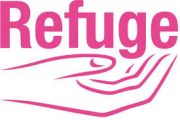
National 24 Domestic Abuse Helpline
A national service for women experiencing domestic abuse, their family, friends, colleagues and others calling on their behalf.

Shelter
A free, national telephone advice line staffed by trained housing advisers who can help.

Gender Trust National Helpline
For information on Transgender issues.

Sexual Assault & Abuse Support Service Buckinghamshire and Milton Keynes
A local charity serving Buckinghamshire and Milton Keynes. We support all individuals whose lives have been affected by sexual assault and abuse.
SAASSBMK provides specialist counselling, information, advice and guidance including a helpline, ISVA and Advocacy support.
SAASSBMK also provides free and confidential support for male survivors of domestic abuse in Buckinghamshire.
We Listen – We Believe – We Support
 PO Box 1058, Aylesbury, Buckinghamshire, HP20 9JZ
PO Box 1058, Aylesbury, Buckinghamshire, HP20 9JZ

 bucksdap@buckinghamshire.gov.uk
bucksdap@buckinghamshire.gov.uk https://www.facebook.com/UKRespect/
https://www.facebook.com/UKRespect/ https://twitter.com/RespectUK
https://twitter.com/RespectUK https://www.instagram.com/respect_uk/
https://www.instagram.com/respect_uk/